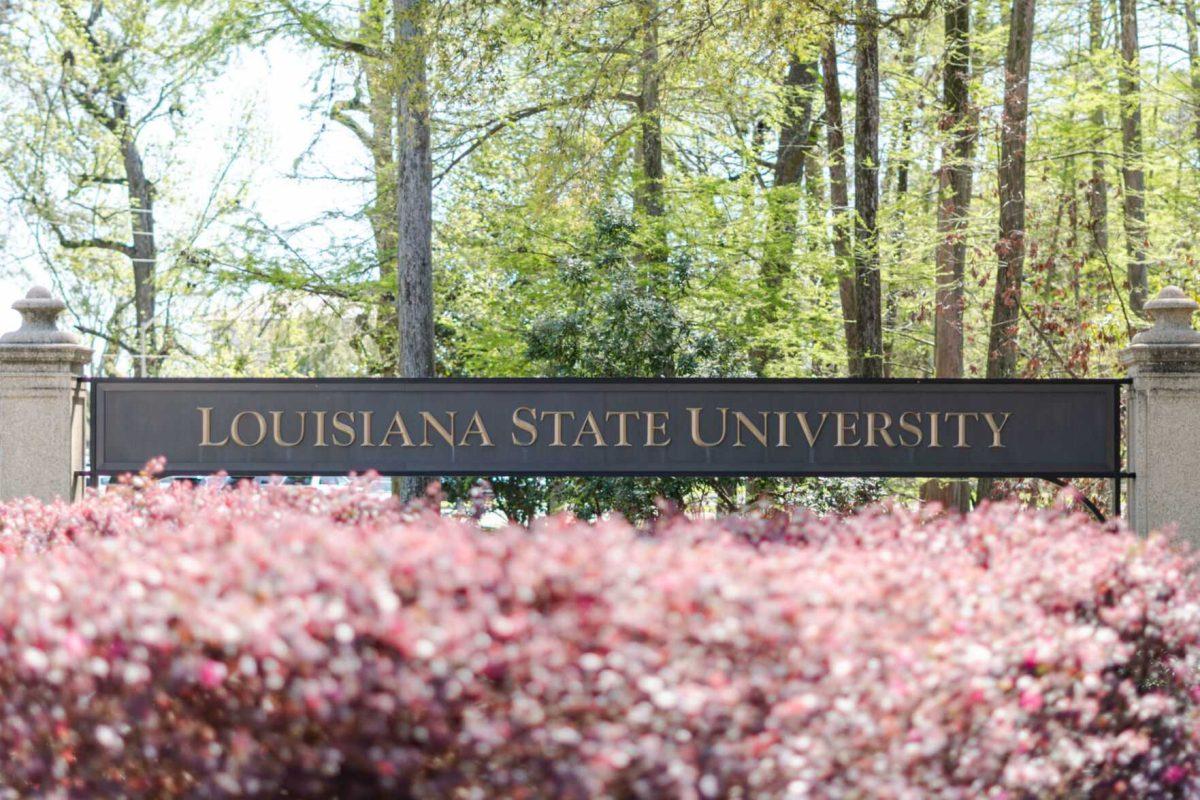The University’s actions toward professors isn’t being defended anywhere, according to former University director Ivor van Heerden, whose contract was not renewed in 2010, causing half of a recent censure of the University by the American Association of University Professors.
“I am invited all over the world to talk, and I have never had one person utter a word of support for LSU,” van Heerden said in an e-mail. “[The University’s] actions have hurt it enormously in the spheres of private donations, credibility in academic circles, recruitment of top students…and the latest censure ruling will hurt its chances to secure future federal and private foundation funding.”
The AAUP added the University to its censure list for “violations of academic freedom” in June. Biology professor Dominique Homberger’s removal from a class for low grades and van Heerden’s removal are reasons for the censure, according to an AAUP news release.
Van Heerden was the director of LSU’s Hurricane Center during Hurricane Katrina and was asked by then-Governor Kathleen Blanco to investigate whether the levees surrounding New Orleans failed because of the severity of Katrina or a structural compromise of the levees.
After the Washington Post wrote in September 2005 that the levee failures were due to the structural integrity of the levees, van Heerden said he began to feel pressure from administrators.
“I was a marked man on campus, and we started to feel the ire of upper administration,” he said.
He said was called before two vice chancellors and told to stop speaking to the media.
“I was…told my talking to the media was hurting LSU’s chances to secure federal funding and it would be in mine and LSU’s interest to stop talking to the media,” van Heerden said, but that only “doubled my efforts to get to the truth.”
Van Heerden’s 2006 book, “The Storm,” was used in litigation that found the Army Corps of Engineers responsible for most of the flooding that occurred during Katrina, but he was denied the opportunity to testify in those proceedings by LSU, according to van Heerden.
He said he was given “no reason” for being let go in 2010 and is currently suing the University, claiming he was fired because his criticisms could endanger federal funding for the University.
“I had to file a suit against the University to protect the faculty from the heavy-handedness of upper administration,” he said. The AAUP said van Heerden was denied due process by the University and that it “punished him for exercising his extramural rights as a citizen” in an August 2011 news release.
Though van Heerden is critical of the University’s actions, he said he offered to sit down and “resolve this amicably,” but the University has not accepted the offer.
“If we go to trial, I would welcome the opportunity to let the public know just how badly LSU behaved,” he said. “But I spent a large part of my life at LSU and would prefer to see healing more than conflict.”
Van Heerden said he also hopes current LSU System President and future Interim Chancellor William Jenkins will “get LSU back on track.”
“Maybe Dr. Jenkins will see the pitfalls of prolonging this and a public trial,” van Heerden said.
When asked if the censure affected his lawsuit with the University, he said it “becomes just one more negative for LSU to deal with in a time of diminishing budgets and a dislike of higher education by legislators.”
Ernie Ballard, media relations director at the University, said Chancellor Mike Martin couldn’t comment on van Heerden’s role in the censure because of pending litigation.
LSU System Vice President for Communication and External Affairs Charles Zewe said the LSU system is also unable to comment on the matter because “legal issues in the case remain unresolved.”
_____ Contact Taylor Balkom at tbalkom@lsureveille.com
Professor: LSU not supported for actions
July 3, 2012





